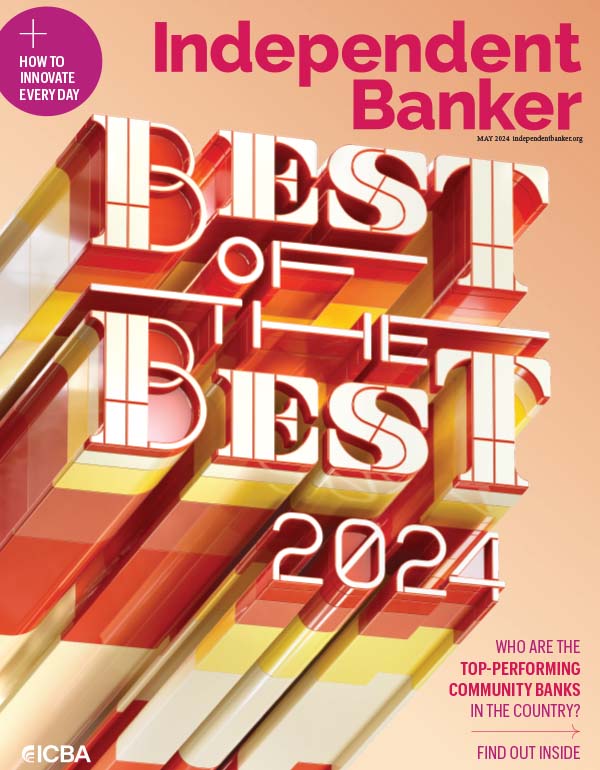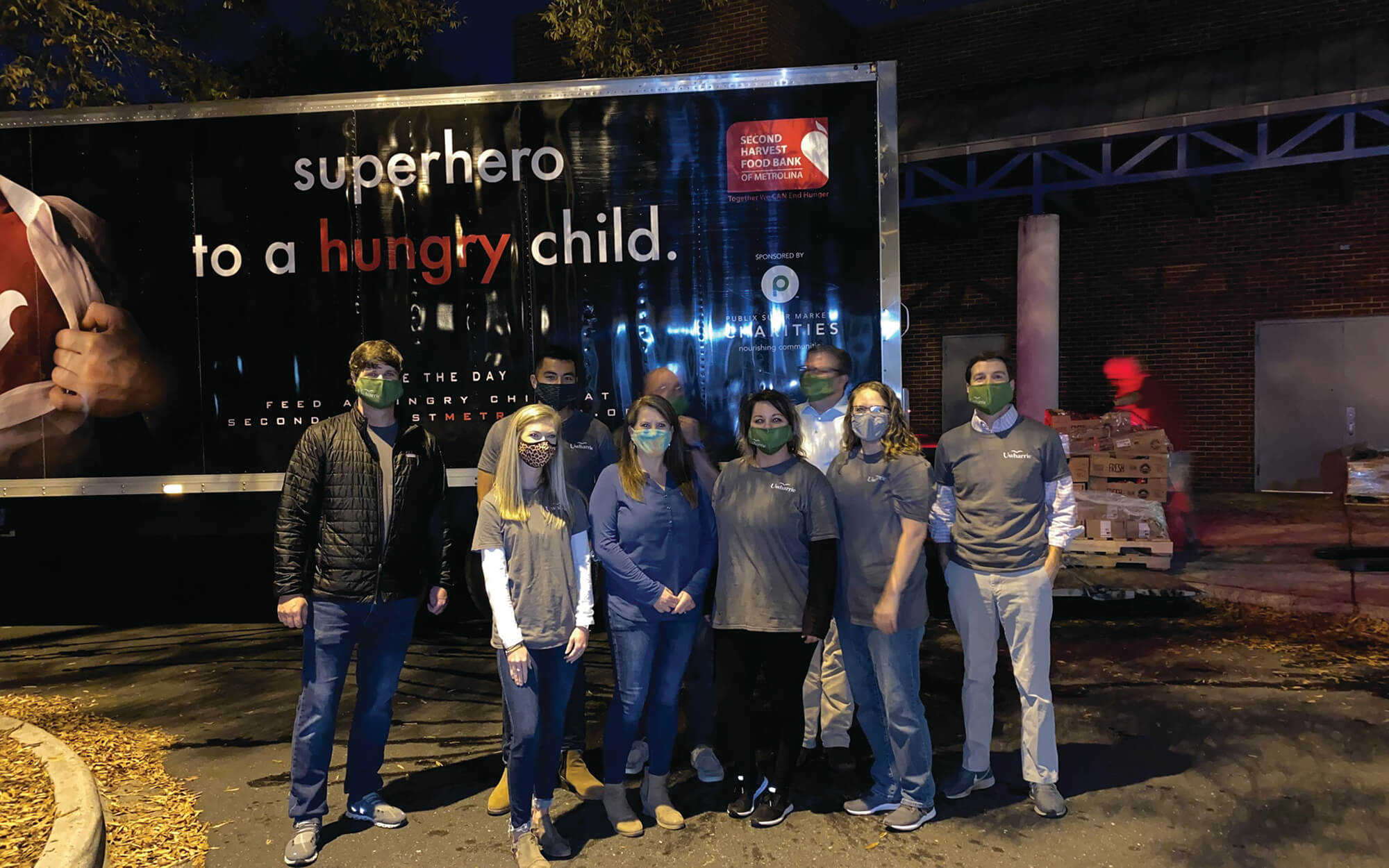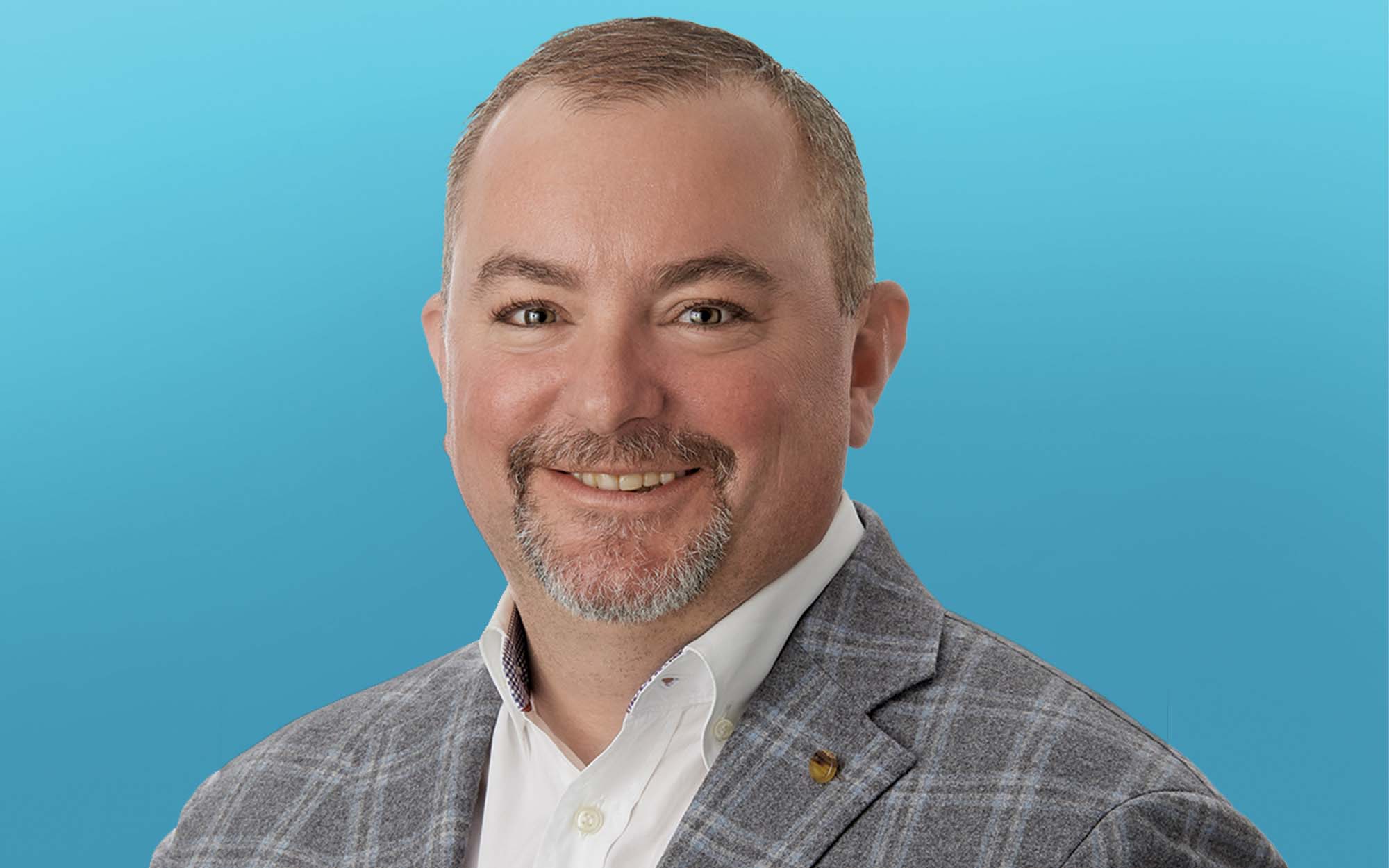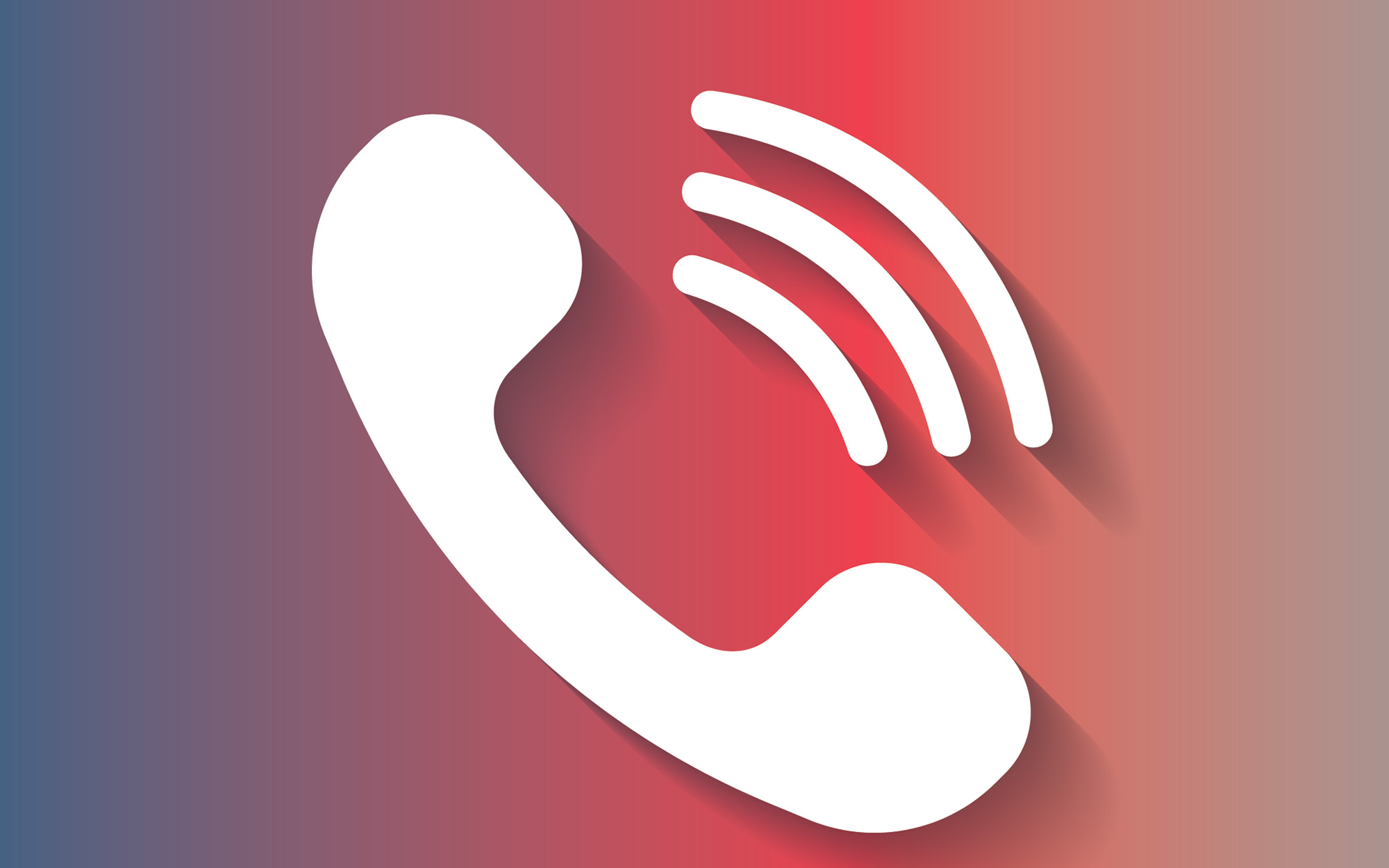For many years, Uwharrie Bank in Albemarle, N.C., has focused on lifting up residents in Albemarle and in nearby rural communities by offering financial literacy, capital, mortgage and wealth management, and other resources. This mission has followed the $792 million-asset community bank wherever it goes.
“The bank was new to [Charlotte, N.C.,] and wanted to share its mission and purpose. … This led us to focus our efforts there on affordable housing for low-income residents and upward mobility.”—David Beaver, Uwharrie Bank
In 2015, Uwharrie Bank added a mortgage division in Charlotte, N.C., approximately 40 miles west of Albemarle. Then, in 2018, it opened a full-service branch in Charlotte. “The bank was new to this market and wanted to share its mission and purpose [the way it had in other counties],” says David Beaver, chief financial officer. “This led us to focus our efforts there on affordable housing for low-income residents and upward mobility, two key areas of focus for the Charlotte metro community.”
Connecting with the right people has been key to supporting affordable housing and, more generally, upward mobility in the Charlotte area.
The first thing Uwharrie Bank did was build a relationship with the Lee Institute, a Charlotte-based nonprofit that offers a number of community-building programs for executives, leaders and other nonprofit groups.
“Several of our board members, as well as our CEO, Roger Dick, and myself have gone through [its leadership] program,” Beaver says. “As a result, we already knew the people there. I also knew that they were very focused on the urban-rural divide on affordable housing and on upward mobility. At the time, Charlotte was ranked 50 out of 50 on a list of metro areas in the U.S. related to lack of upward mobility. That, obviously, was not a good situation.”

Making community connections
Beaver reached out to the Lee Institute’s director, and together the two institutions created a partnership. The nonprofit connected the community bank with about 20 different organizations, including Foundation for the Carolinas, Housing Partnership and Habitat for Humanity. Many are aligned with Uwharrie Bank’s focus on boosting upward mobility, affordable housing and community development in the Charlotte area.
“We started talking about how the bank could utilize its experience, skill sets and products to serve the people living in the northwest part of Charlotte as it related to affordable housing,” Beaver says, “so we could begin to carry out the mission of our organization there, as we had done in the other smaller communities.”
Leveraging the nonprofit’s existing relationships has made it possible for the bank to reach nearby unbanked and underbanked residents.
“The Lee Institute has been able to connect us with a number of these and other community organizations to get into underserved communities, let the people know we have these programs available and help them participate in them,” Beaver says.
The community bank hosts open meetings to break down barriers to banking and other resources. “As a result, we have been able to set up a large number of meetings in minority communities, such as at community centers,” Beaver says. “We often have 15 or 20 people show up at each meeting, and they have a lot of questions about what is available and what the opportunities are.”
“Community banking isn’t about the deal of the day. It is about building relationships, and we have built great relationships with a number of organizations.”—David Beaver, Uwharrie Bank
Boosting upward mobility
Although the initiative is only around a year old, it’s already achieved some success. “This is especially true in terms of the people we have met and begun working with,” Beaver says. “Community banking isn’t about the deal of the day. It is about building relationships, and we have built great relationships with a number of organizations.”
Success has not only come about in terms of providing affordable housing mortgage loans to people in Charlotte and its surrounding communities, but also in new commercial loans.
“We spent the first eight months making connections and meeting new people,” Beaver says. “After that, we were interrupted with COVID-19, which has made things more difficult.”
However, Uwharrie Bank is still moving forward. For example, in October 2020, the community bank and its organizational partners had a meeting to discuss the urban-rural challenges related to food sourcing.
“There is an area of Charlotte known as the ‘food desert,’” Beaver says, “so we brought some of those people in Charlotte to one of the neighboring rural communities where we have a branch and looked at how we could help connect these two communities to provide affordable and healthy food in our entire region.”
In the future, Beaver says Uwharrie Bank plans to continue to foster its relationships with all of these organizations and the people serving their communities. “If our joint efforts are successful,” he says, “the community as a whole will prosper.”






